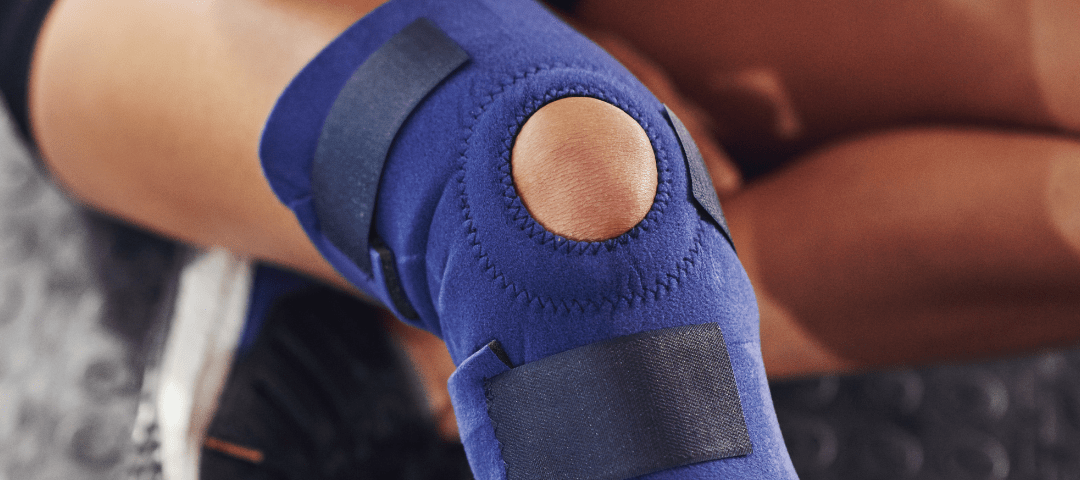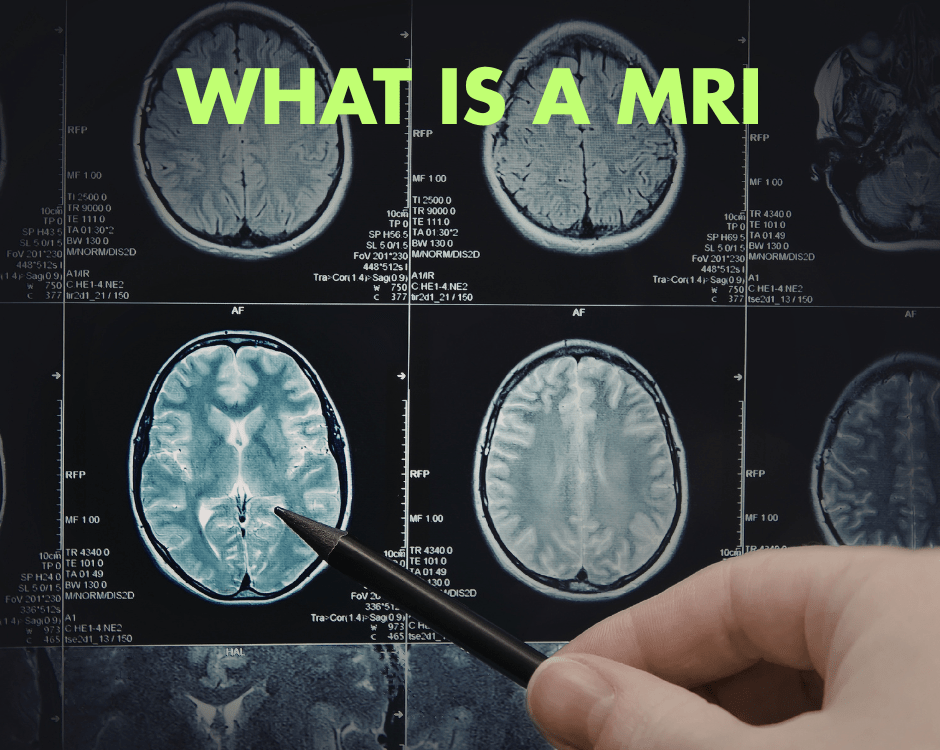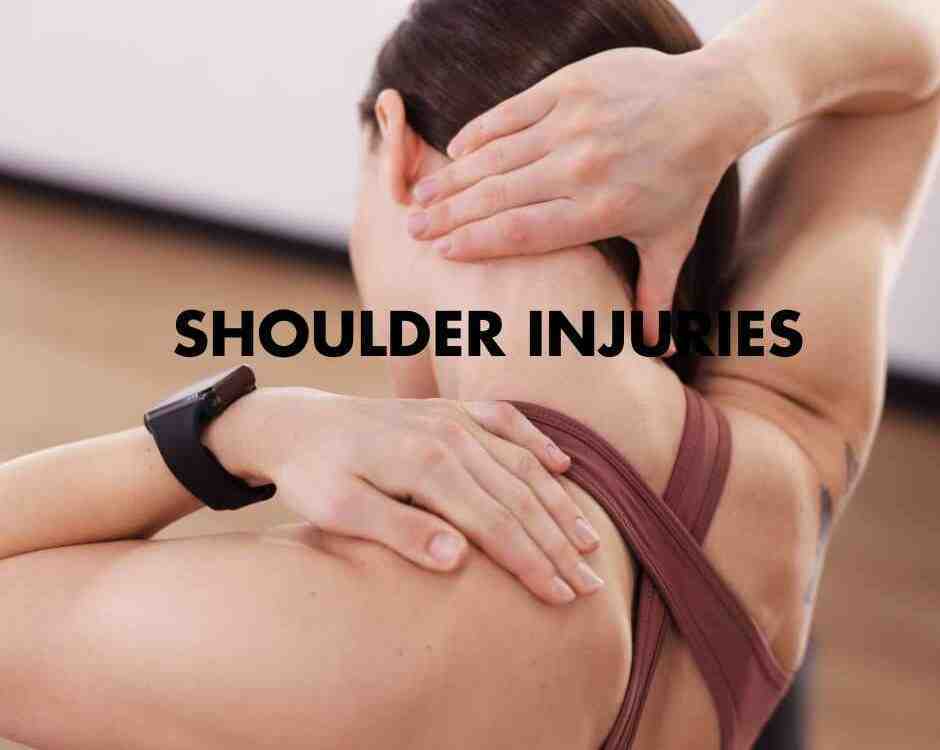Brace or Not to Brace?

Hard to Change Your Mind?
October 18, 2024
The Amazing Potential of Baking Soda!
October 18, 2024- Accident doctor
- accupuncture
- airplane headache
- alzheimer's
- best habits
- Brain Injuries
- car accident
- car accidents
- cervical strain
- colds
- concussion
- Concussions
- disc bulge
- dosage meds
- dry needling
- dull pain
- E bike injuries
- florida
- good posture
- headaches
- Headrest positions
- Headrest positions after an accident
- Healthy choices
- Healthy flying
- healthy gift guide
- Healthy SPring Ideas
- hip pain
- hyperextension
- injury doctor
- insurance
- Kayaking
- kentucky
- kids motion sickness
- lifestyle
- motion sickness
- neck injury
- no fault insurance doctor
- noise healing
- osteoporosis
- pain symptoms
- pink noise
- posterior chain
- posture
- prevent osteoporosis
- Rest
- Scoliosis
- shoulder pain
- Stress with kids after a motor vehicle accident
- TBI
- tips
- tmj
- torn muscle
- Traumatic Brain Injury
- trigger points
- VitaminD
- What are Post Traumatic headaches?
To Brace or Not to Brace
If you realize you are about to be involved in a motor vehicle accident (MVA), you may second guess what to do with bracing in that split second. At Chambers Medical Group (CMG), we treat patients involved in motor vehicle accidents and there is usually confusion about whether bracing for impact is the best thing to do. I am Dr. Aaron Workman, a team member of CMG, one of the highest rated car accident medical care providers in Kentucky, and I have some patients say they thought it was better to not brace for impact, so they did not, but what should you do? The truth of the matter is it can be beneficial to brace, and the position of your body can make a difference in the severity of injuries you sustain. Let us go over some of the details.
Bracing Misconceptions
One of the most widespread myths about car accidents is the belief that injuries are less severe if you are unaware of the crash, as the muscles stay relaxed. While it is true that tensing up can increase sprain and strain in muscles, the idea that bracing increases injury risk, especially in reference to core structures, is not completely accurate. When you anticipate a MVA and brace properly, it can reduce the likelihood of serious injuries to structures like the bones, ligaments, and discs.
The reason for this lies in how the body absorbs force during an accident. A MVA delivers a large force into the body in milliseconds of time. If your body is prepared for impact, it is better able to distribute these forces, particularly through stronger structures like bones and joints.
Bracing the Right Way
When going over impact placing the position of the head is another important aspect. The way your head is positioned during a crash can impact how much the discs are affected and the severity of the acute trauma you are about to incur. It is best to keep the head in a neutral position looking straight ahead. When you brace, do not tuck your chin down as it will affect how the neck absorbs the force.
The key here is to maintain a strong posture in a time where milliseconds will matter. Sit up straight with your back pressed against the seat, feet flat on the floor, and head positioned in alignment with the spine. This position distributes forces across the body more evenly. When your body is completely relaxed and unprepared for impact, the forces from the MVA can cause more damage to core structures like ligaments, discs, and bones. If your head is turned or your body is twisted at the moment of impact, this can also lead to more serious disc injuries.
So, should you brace in a car accident? The answer is yes. Unfortunately, most people will not have the time to process that an accident is getting ready to occur, but it is always best to know what to do in that situation. Bracing properly can make a significant difference in the severity of your injuries. By positioning your head and body correctly, you can reduce the risk of longer-term injuries, particularly to your back and neck. If you have found yourself suffering from an MVA and are not sure what to do, then find a Chambers Medical Group near you for help.
— This article is written by Aaron Workman, DC, one of the members of Chambers Medical Group’s team of car accident chiropractors who offer a variety of treatments and therapies ranging from diagnostic testing to various soft tissue therapies for car accidents and injuries in Kentucky.
- Car Accident Medical Clinic in Tampa
- Car Accident Medical Clinic in Plant City
- Car Accident Medical Clinic in Brandon
- Car Accident Medical Clinic in Lakeland
- Car Accident Medical Clinic in Sarasota
- Car Accident Medical Clinic in Louisville
- Car Accident Medical Clinic in Lexington
- Car Accident Medical Clinic in Florence




